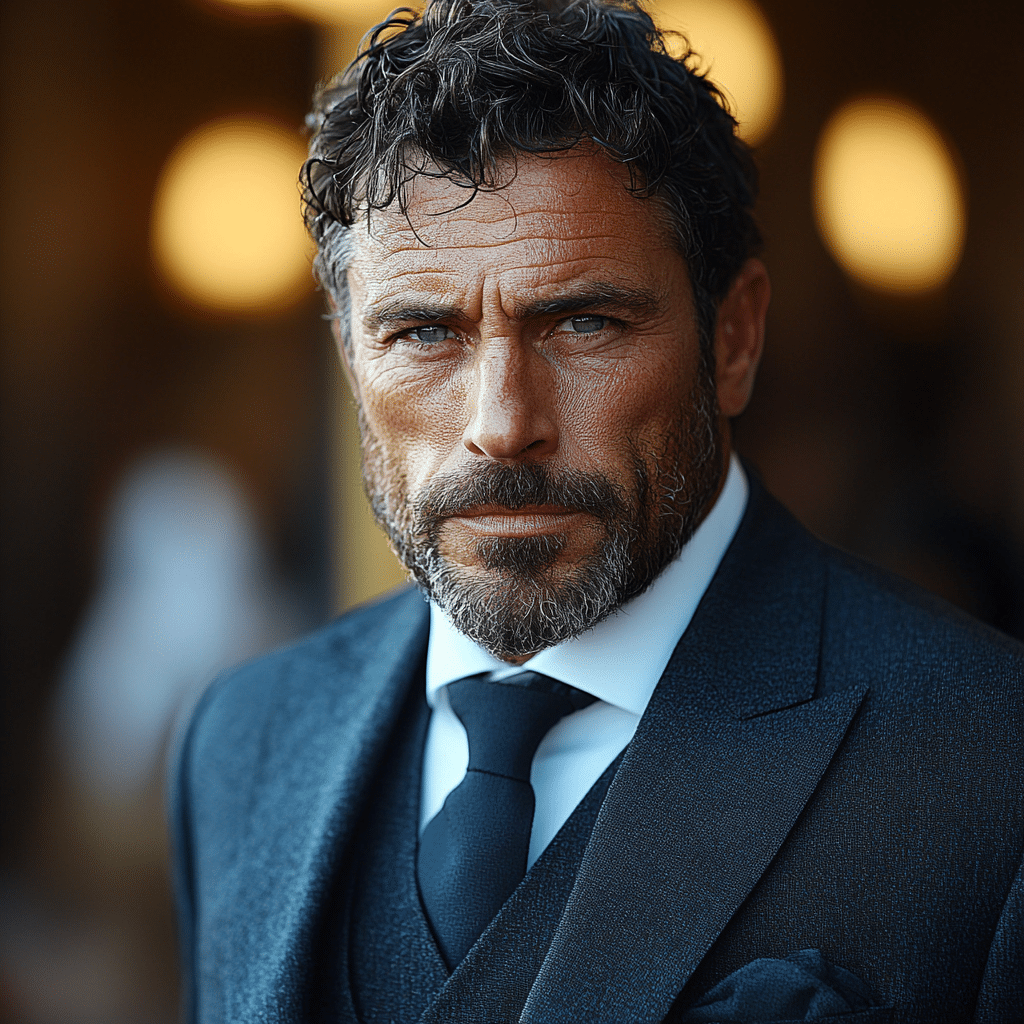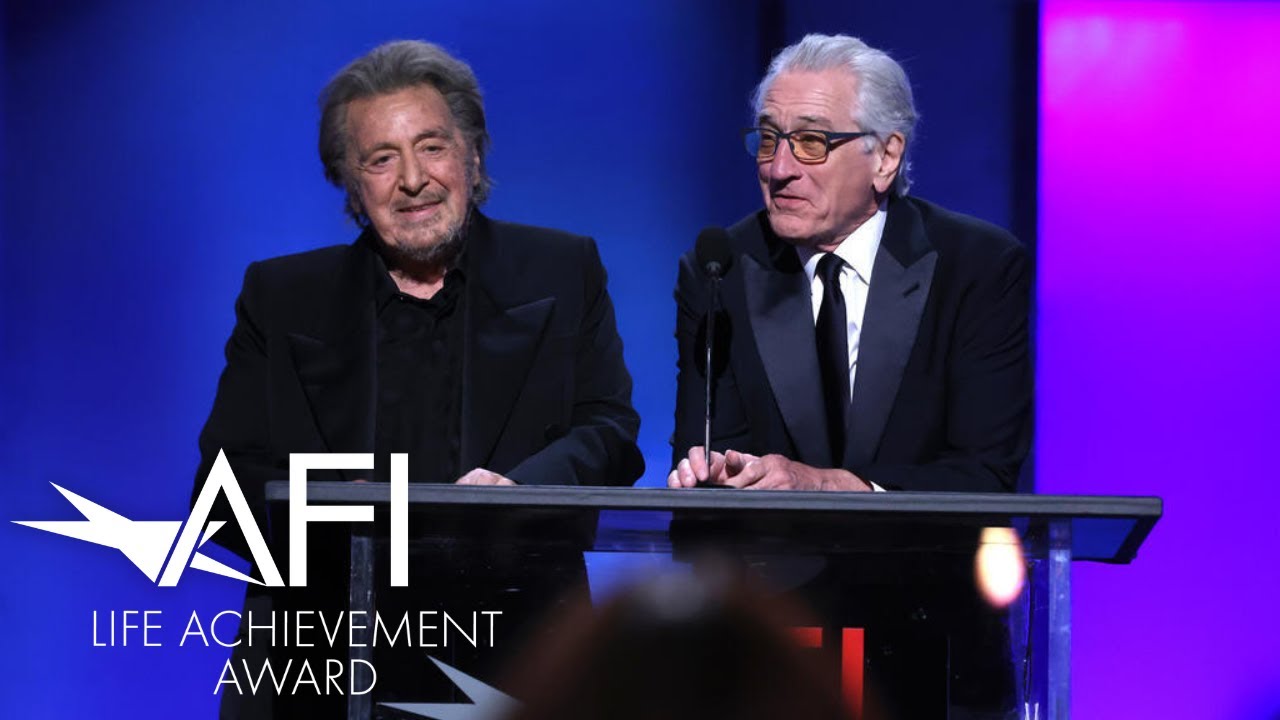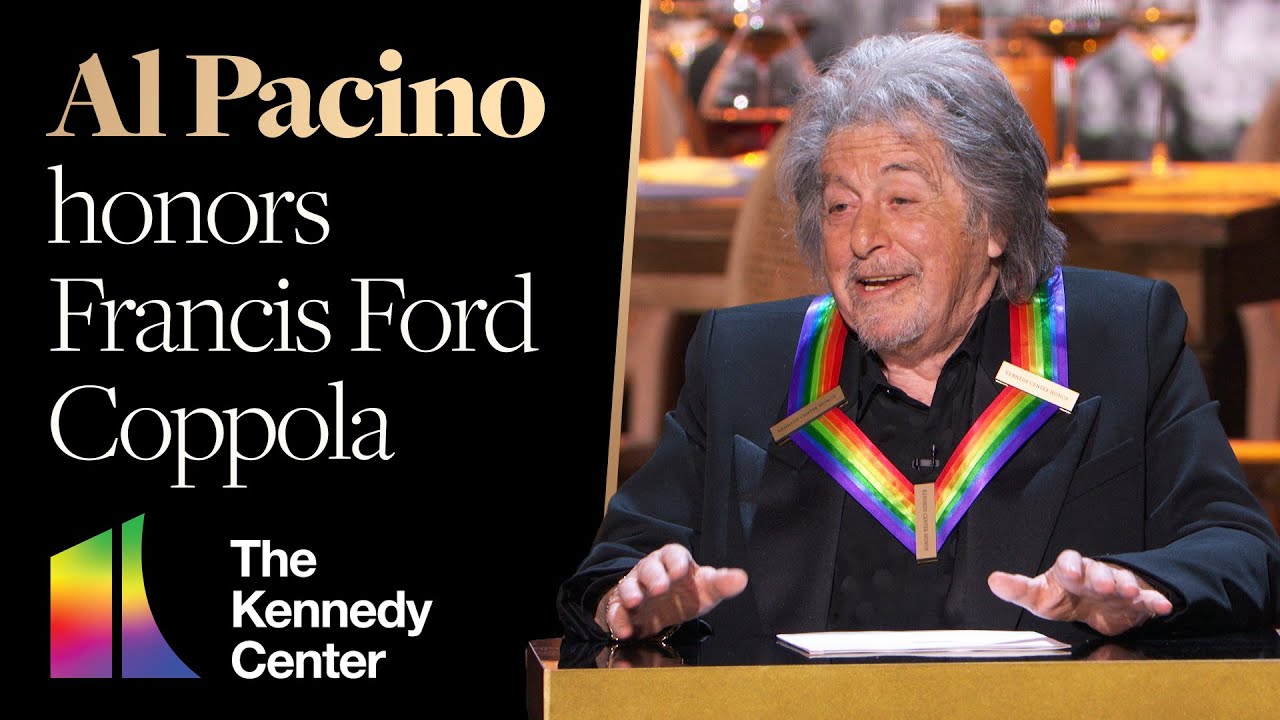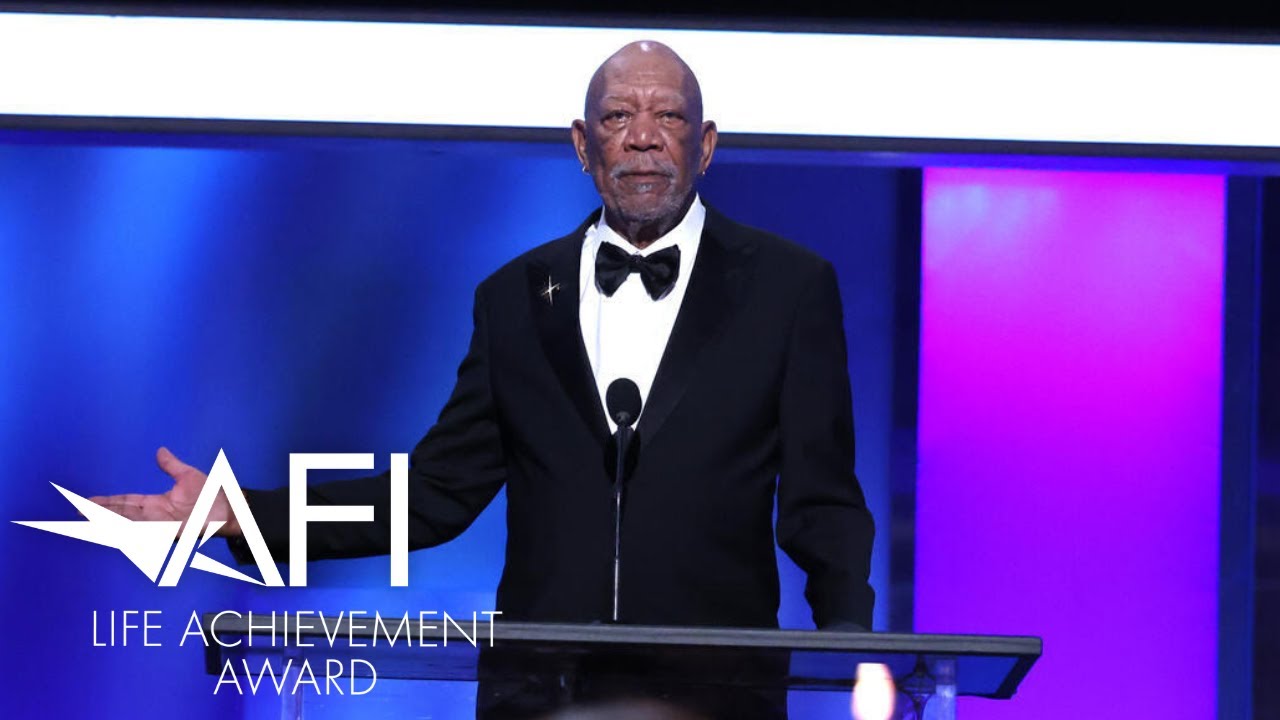Francis Ford Coppola stands as one of the most pivotal figures in film history, remarkably shaping the landscape of American cinema through his audacious storytelling and innovative filmmaking techniques. As a director, producer, and screenwriter, Francis Ford Coppola has left an indelible mark on the art form. His extraordinary journey includes legendary films that sparked cultural discussions, showcased a plethora of talent, and anchored humankind’s fascination with storytelling. Below, let’s dive deep into seven masterpieces that not only define Coppola’s legacy but also transformed the very fabric of cinematic artistry.
1. The Godfather (1972): The Rise of the Mafia Epic
Coppola’s magnum opus, “The Godfather,” introduced audiences to an electrifying world of organized crime through the lens of the powerful Corleone family. Can you imagine Marlon Brando’s husky voice bringing to life the patriarch Vito Corleone or Al Pacino’s simmering energy as Michael? This film does more than just depict the life of crime; it masterfully explores power dynamics and the nuances of familial loyalty. The storytelling is rich and intricate, serving as a blueprint for what we view as complex narratives today.
Coppola’s brilliance lies in his ability to create morally ambiguous characters. We witness this beautifully through Michael’s transformation from an innocent outsider to a ruthless leader. Despite its glamorizing of the mob lifestyle, “The Godfather” challenges audiences to grapple with ethical conflicts they may encounter in their own lives, much like modern discussions around the legacy of figures like Al Capone.
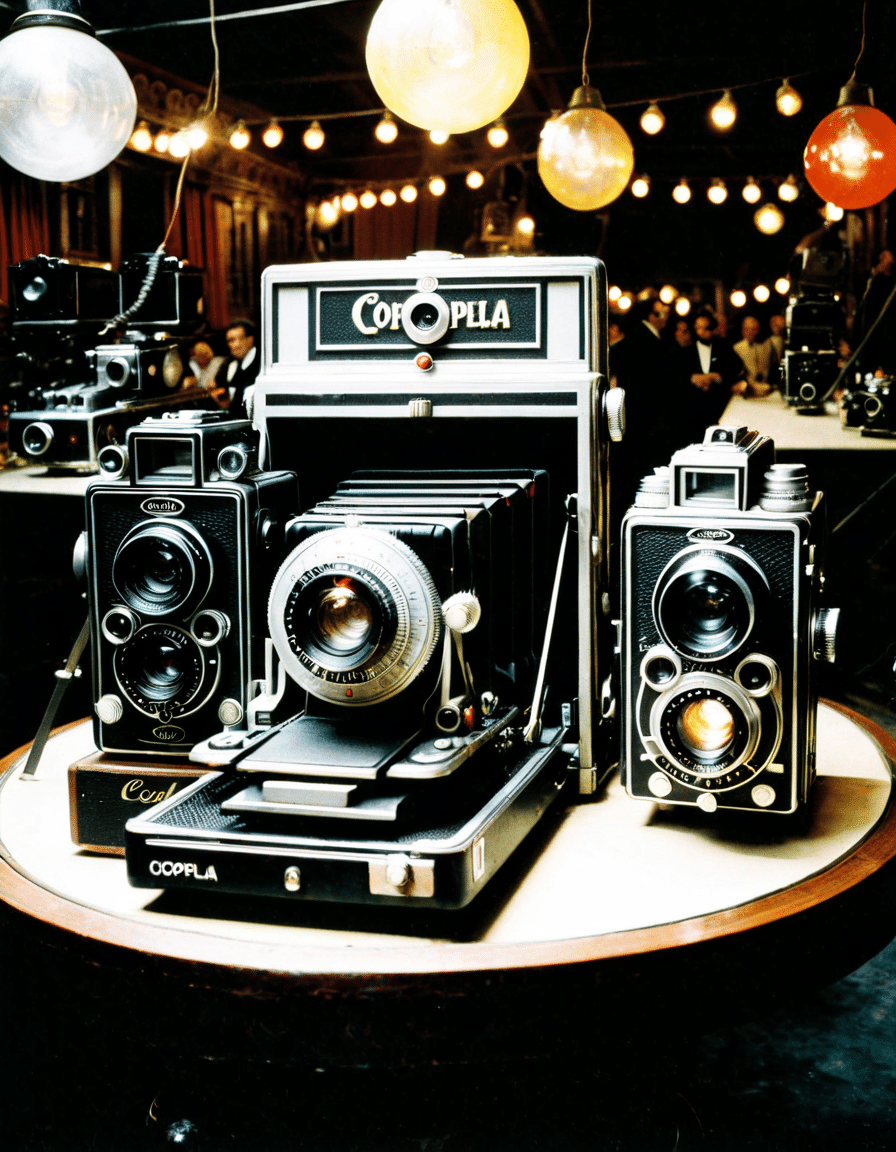
2. The Conversation (1974): A Study in Paranoia
In this psychological thriller, Coppola delves into the world of surveillance when privacy feels more like a dream than a reality. Enter Gene Hackman as Harry Caul, a wiretap expert who becomes ensnared in a web of paranoia. This isn’t just a film; it’s a chilling exploration that took shape during the Watergate era. With the overexposure to surveillance in today’s digital age, it feels eerily relevant.
The film gleefully plays with sound and silence, crafting an atmosphere thick with tension. Coppola’s innovative use of sound design immerses viewers into Harry’s unsettling journey, prompting them to rethink their relationship with technology and intimacy. Just like modern horror stories guiding us through our fears, “The Conversation” becomes a cinematic precursor to today’s debates about privacy and ethics.
3. Apocalypse Now (1979): A Psychedelic Journey into War
Coppola’s ambitious adaptation of Joseph Conrad’s “Heart of Darkness” takes us on a harrowing trip into the Vietnam War with “Apocalypse Now.” This film is not for the faint-hearted; it embodies a surreal exploration of war’s atrocities. With Martin Sheen’s compelling performance and Marlon Brando’s haunting portrayal of Colonel Kurtz, every frame is drenched in madness and chaos.
Coppola’s visual storytelling flips the traditional war narrative on its head. He goes beyond what movies usually depict, hammering in the psychological impacts of conflict. The memorable phrase “I love the smell of napalm in the morning” captures not just war’s allure but its devastating effects. This film invites you to sit in discomfort, much like pivotal moments in cinematic history relayed by other notable directors, including Stanley Tucci in his varied roles.
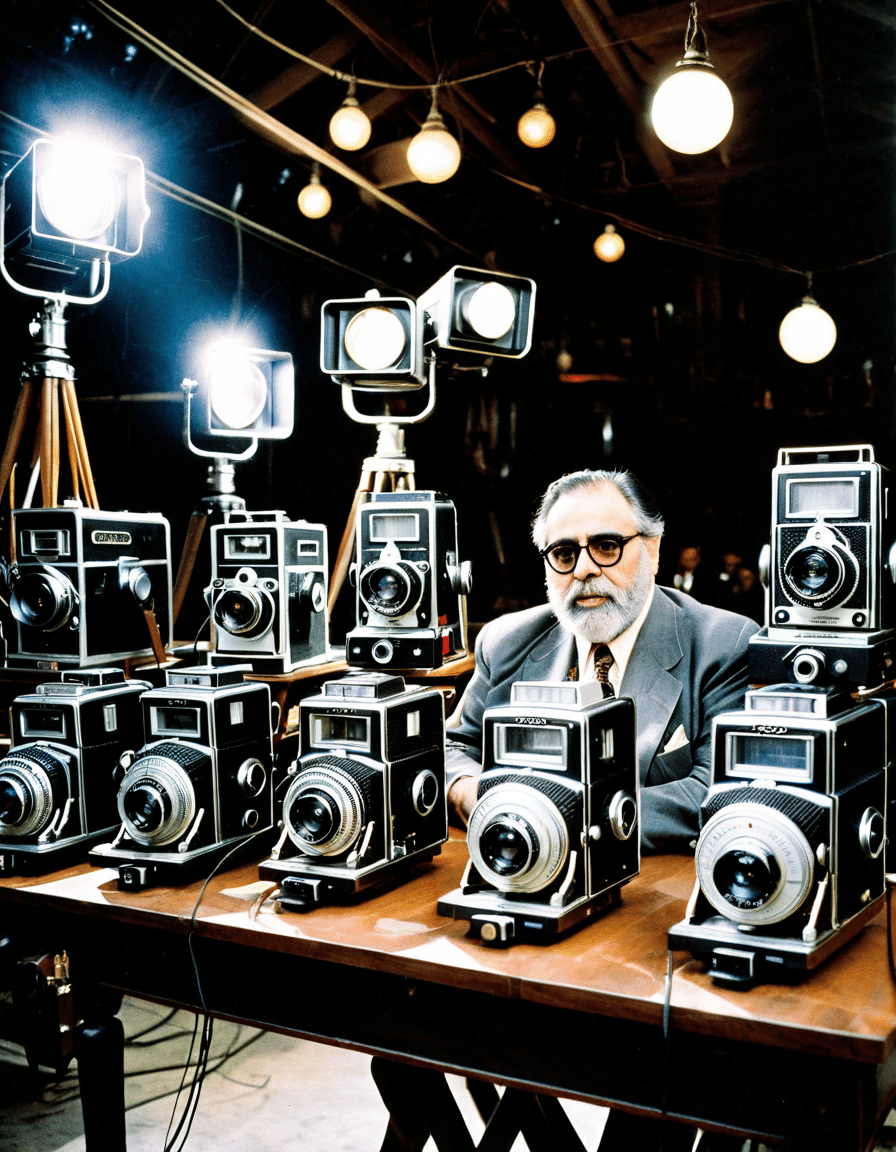
4. The Outsiders (1983): A Coming-of-Age Anthology
“Stay gold, Ponyboy.” With these words, Coppola translated S.E. Hinton’s beloved novel “The Outsiders” into a visually rich cinematic experience. The film captures the struggle of youth, revolving around class conflicts between the Greasers and Socs, featuring a star-studded cast that includes Tom Cruise, Rob Lowe, and Patrick Swayze.
The film resonates deeply with viewers because it rawly addresses the pain, dreams, and friendships of adolescence. Coppola’s commitment to authenticity shines through, as he manages to weave personal stories into broader social commentary. Much like the energy found in youth-centric tales, this flick stands as a timeless reminder that coming-of-age experiences shape our identities and values.
5. Bram Stoker’s Dracula (1992): The Gothic Revival
With “Bram Stoker’s Dracula,” Coppola didn’t just adapt a classic; he reinvigorated the horror genre with lush romance that was previously swept aside. Starring Gary Oldman and Winona Ryder, the film boasts striking visuals that captivate and haunt. Coppola’s innovative use of practical effects transforms the film into a visceral experience.
Through rich color palettes and an experimental approach to narrative, this film challenges modern conventions, proving that horror can be both visually beautiful and deeply romantic. It serves as a stepping stone for future Gothic stories, echoing through projects like Conor Merrigan Turner “Midnight Mass,” showcasing how fear can intertwine with human emotion.
6. The Rainmaker (1997): A Legal Drama that Captures the Heart
Adapted from John Grisham’s novel, “The Rainmaker” showcases Coppola’s ability to tackle legal drama, packing a punch with a star-studded cast that includes Matt Damon and Danny DeVito. This film captures the essence of courtroom battles, pulling at the very heartstrings of what justice means. The themes of David versus Goliath weave through the narrative, leaving audiences rooting for the underdog.
Coppola beautifully portrays the complexities of ethics in a legal system often portrayed as black and white. Each character arcs come to life, reminding viewers that the fight for justice can be both rewarding and fraught with challenges. The film’s human experience echoes through the tales of contemporary legal dramas that we often binge-watch, bringing the law to life.
7. Youth Without Youth (2007): Philosophical Exploration Through Innovation
In “Youth Without Youth,” Coppola took a bold step into philosophical storytelling when he examined time, identity, and the human experience. Starring Tim Roth, the film invites audiences to ponder the nature of existence itself. Though lesser-known compared to his earlier works, this film engages with profound questions that resonate deeply.
The visual storytelling is nothing short of artistic innovation, showcasing Coppola’s continual push toward experimentation. As a creator, he challenges traditional filmmaking conventions, reminding us that cinema can provoke thought and introspection. His willingness to explore the complexities of existence keeps his legacy alive among film lovers and enthusiasts alike.
The Indelible Impact of Francis Ford Coppola on Modern Filmmaking
Francis Ford Coppola is more than just a filmmaker; he’s a cultural architect who has profoundly influenced movies and storytelling itself. His films serve as both mirrors and windows into humanity, touching on themes that resonate with both personal and societal dynamics. From the gritty underbelly of organized crime to philosophical musings on existence, Coppola’s work continues to inspire filmmakers today like Leonardo DiCaprio and John Travolta.
Coppola has left a legacy that speaks to the very heart of cinema, illustrating its power to reflect and shape our shared experiences. His stories are not simply watched; they are felt, enriching cultural dialogue and challenging creative boundaries. So, as you dive into classics like “The Godfather” or “Apocalypse Now,” remember the artistry, the ambition, and the dreams of Francis Ford Coppola—an icon who redefined the cinematic landscape. Check out more intriguing articles on cinema through the Regal Tangram link and explore compelling stories both on screen and off, including the latest Spacex Starship news and the ever-engaging realm of film culture.
Francis Ford Coppola’s Impactful Cinema
The Man Behind the Movies
Francis Ford Coppola isn’t just a filmmaker; he’s a full-blown visionary whose work has reshaped how we perceive storytelling in cinema. Did you know that before his major break, he worked in the realm of low-budget horror films? His experience in making “Dementia 13” paved the way for his groundbreaking work, showing that even the most modest beginnings can lead to greatness. Speaking of beginnings, Coppola often reminisces about his family and how they influenced his creative process, much like the nostalgic feel of A Goofy movie, which tugs at our heartstrings with its humor and warmth.
Besides his contributions to film, Coppola’s influence stretches into popular culture. For example, he once described the process of making “The Godfather” as a blend of artistry and chaos, much like finding the perfect Halloween nail Designs that balance creativity with precision. Furthermore, he has famously collaborated with a range of actors, creating iconic performances that resonate with audiences even today—think of how a character like Maxxine in recent cinema could be inspired by the compelling narratives Coppola crafted.
His Unique Approach to Film
What makes Francis Ford Coppola stand out from the crowd? His approach to filmmaking was often grounded in personal experiences and philosophical musings. He believed a film should be like a journey through a person’s life, touching on emotions and relationships that echo our everyday existence. This idea parallels how we connect with public figures like Condoleezza Rice, who often share stories that reveal their humanity. It’s about peeling back the layers and exposing the raw truth of life’s intricacies.
Luckily for film fans, Coppola’s influence isn’t confined to just the big screen. He embraced the use of innovative techniques and narrative styles that would later be reflected in modern works, much like the rise of characters in anime like Tatsumaki Opm, who showcase unique abilities and personal growth. In a fascinating twist, his ambitious nature is reminiscent of how Cbs Sunday Morning captures the essence of contemporary life, highlighting individuals who push boundaries and seek truth in their fields. Francis Ford Coppola’s masterpieces indeed shifted the needle on what film could be, inspiring generations of filmmakers and audiences alike.
